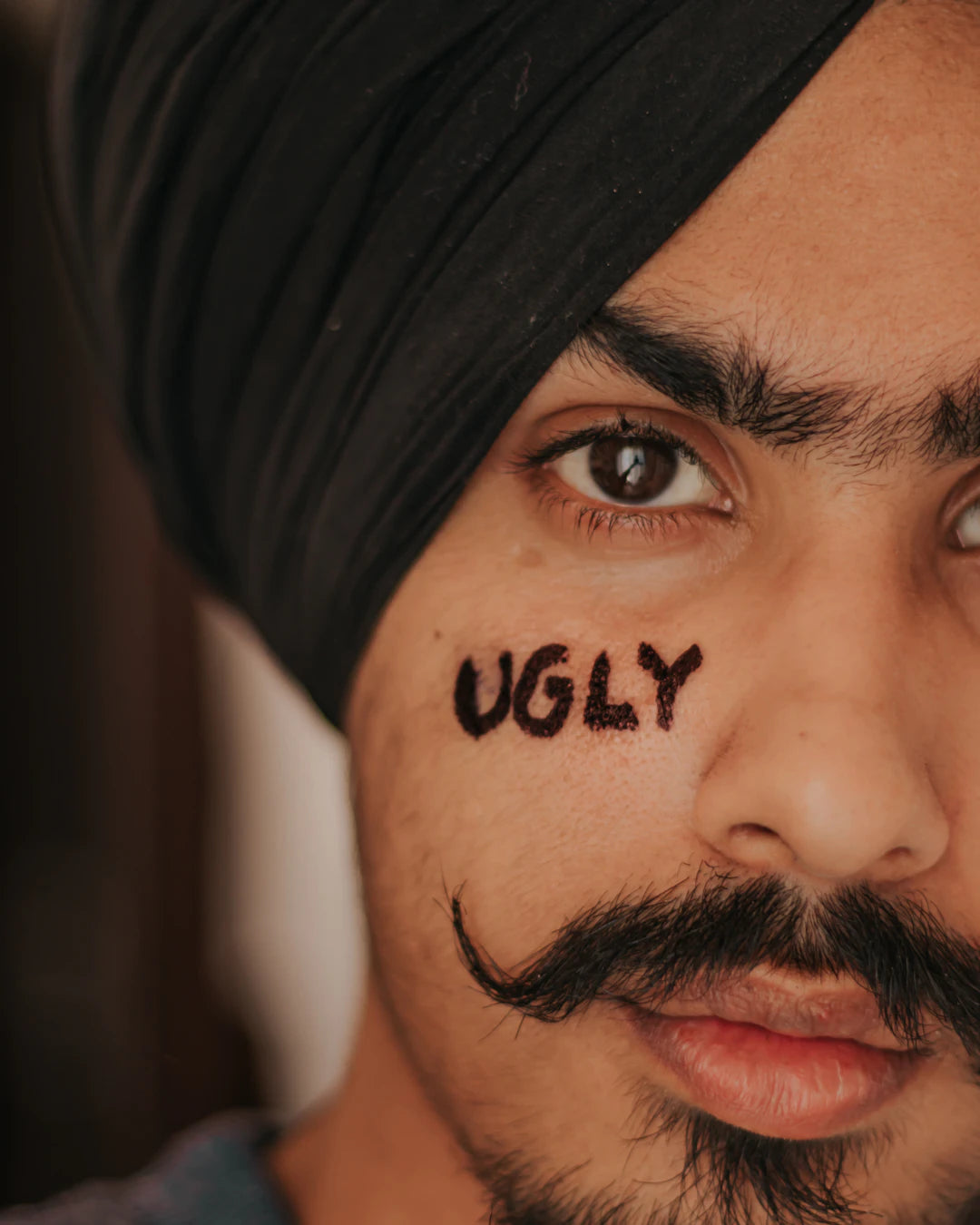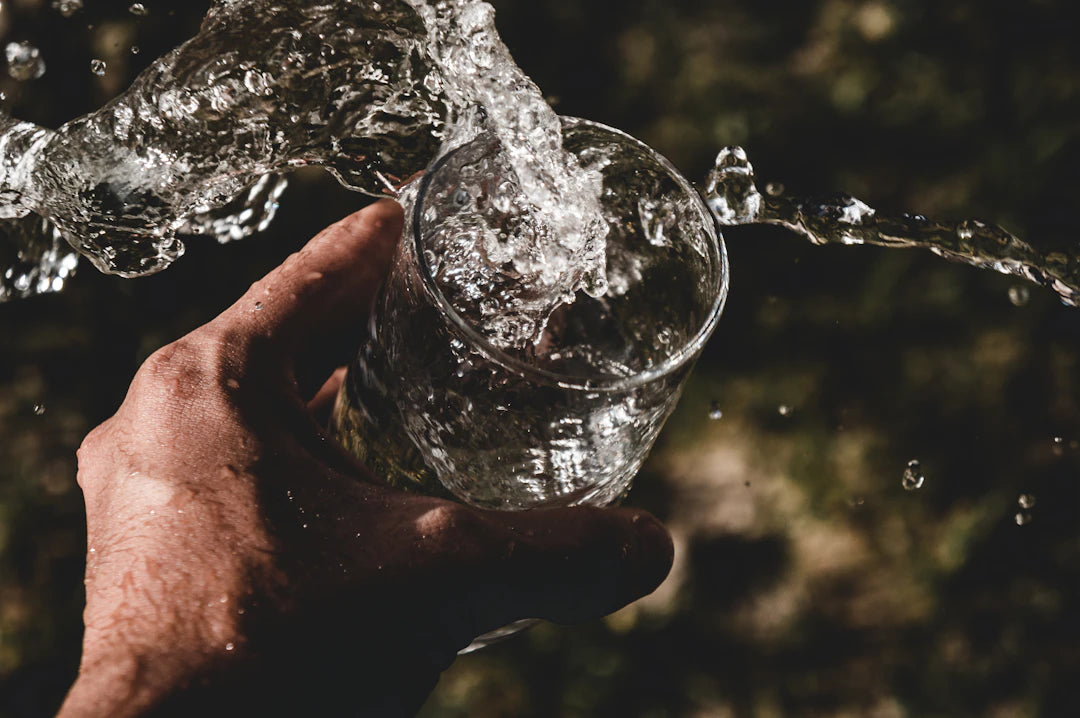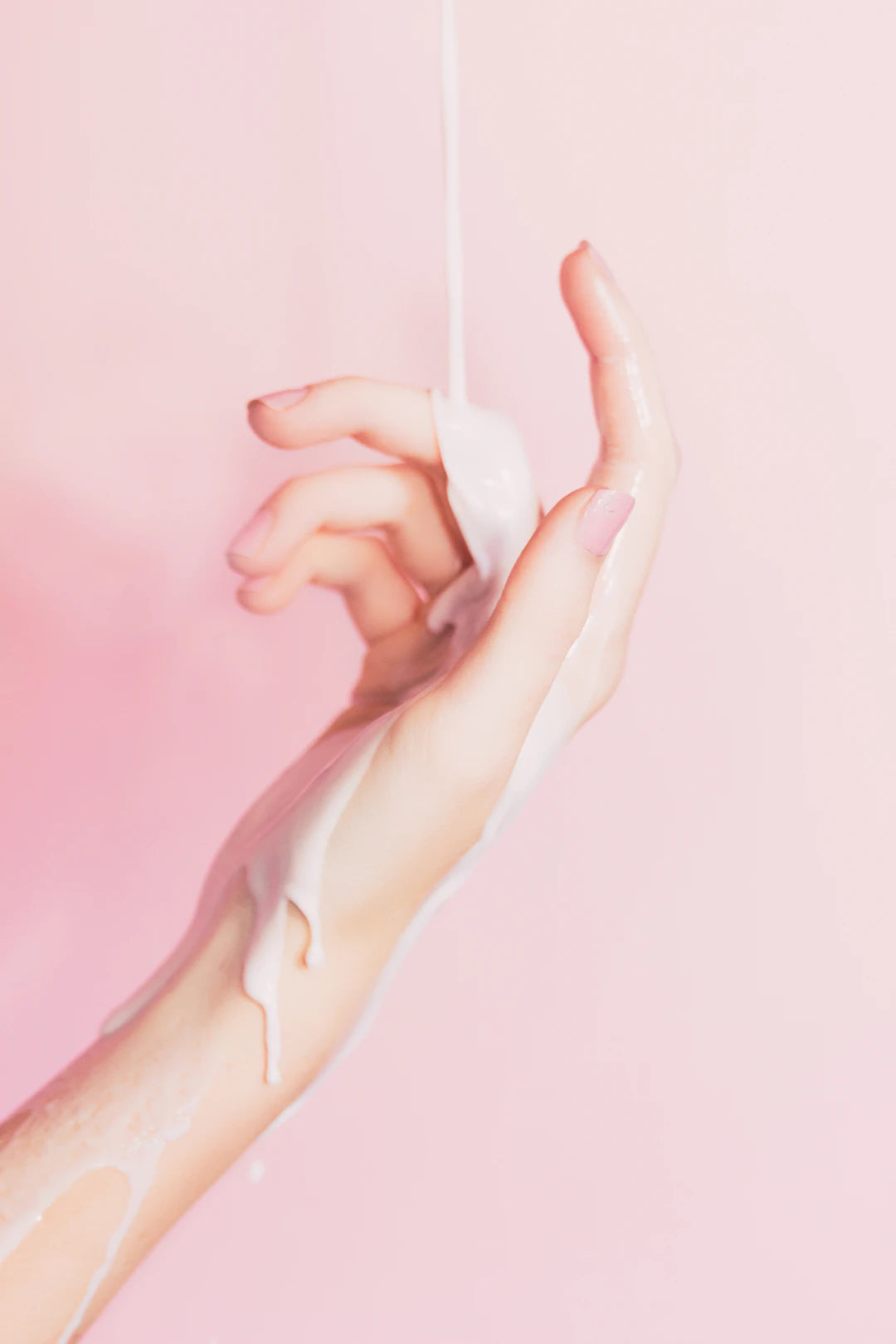The Sleep-Skin Connection: Uncover Radiant Beauty

Frequently Asked Questions
1. How does sleep affect skin health?
2. What are the effects of sleep deprivation on the skin?
3. What strategies can improve sleep and skin health?
4. What are some nighttime skincare tips for better skin?
5. Why is self-care important for skin health and sleep quality?
When it comes to achieving glowing skin, the importance of a good night's sleep can often be overlooked. Sleep is not just a luxury; it's a necessity for maintaining overall health, and its effects are particularly pronounced when it comes to skin health. This article delves deep into the intricate link between sleep and skin health, shedding light on how sleep quality impacts your skin's appearance and rejuvenation.
Understanding Sleep and Its Importance
Sleep is the body's natural way of restoring itself. During sleep, the body undergoes various regenerative processes, including repairing tissues, muscle growth, and hormone regulation. These processes are crucial for maintaining skin health. When you sleep well, your skin gets the chance to recover from daily damage, leading to a refreshed, youthful appearance.
The Science of Sleep and Skin Repair
During the night, your body goes through different sleep cycles, including REM (rapid eye movement) and non-REM sleep. It is during these cycles that your skin undergoes crucial repair mechanisms. Studies have shown that the body increases blood flow to the skin during sleep, providing it with essential nutrients and oxygen, which can contribute to a radiant complexion.
Moreover, collagen production occurs predominantly during deep sleep. Collagen is the protein responsible for skin elasticity and firmness, and a lack of sufficient sleep can lead to decreased levels of collagen, resulting in sagging skin and other signs of aging. So, for those seeking skin tightening solutions, a consistent sleep schedule should be a priority.
How Sleep Deprivation Affects Your Skin
When you sacrifice sleep, your skin pays the price. Sleep deprivation can lead to several skin issues, including:
- Dark Circles and Puffiness: Sleep deprivation is notorious for causing dark circles and puffiness under the eyes. This can make you look tired and aged.
- Increased Breakouts: Lack of sleep affects your hormone levels, leading to increased oil production and breakouts.
- Dry and Dull Skin: Insufficient sleep can make your skin appear dull and lifeless due to a lack of hydration and nutrient replenishment.
- Slower Healing: If you have wounds or blemishes, sleep deprivation can slow the healing process, prolonging their appearance on your skin.
The Role of Sleep in Skin Hydration
One of the lesser-known effects of sleep is its impact on skin hydration. When you sleep, your skin transitions into a repair mode. This is when various moisturizing serums, like those you might apply at night, can work their magic. The body's ability to retain moisture is significantly better when it is well-rested. Conversely, when you're sleep-deprived, you may find that your skin feels dry and lacks that essential hydration.
Strategies for Better Sleep and Improved Skin Health
To harness the skin-loving benefits of quality sleep, consider implementing the following strategies:
Create a Sleep-Inducing Environment
Your bedroom should be a sanctuary for sleep. Keep the room dark, quiet, and cool. Consider using blackout curtains and white noise machines if necessary. This environment can enhance your chances of achieving deep, restorative sleep.
Establish a Consistent Sleep Schedule
Going to bed and waking up at the same time every day helps regulate your body’s internal clock. Consistency fosters better sleep quality, which in turn improves skin health.
Limit Screen Time Before Bed
The blue light emitted from screens can hinder your ability to fall asleep. Aim to disconnect from electronic devices at least an hour before bedtime. Instead, opt for calming activities like reading or meditation.
Practice Relaxation Techniques
Stress is a known barrier to good sleep. Incorporating relaxation techniques such as deep breathing exercises, yoga, or meditation can help reduce stress and promote better sleep quality.
Hydration and Diet Matter
Staying hydrated throughout the day is crucial for skin health, especially before bedtime. Consider moderating your caffeine and alcohol intake, as both can disrupt sleep quality. Instead, focus on a diet rich in antioxidants and healthy fats to nourish your skin from the inside out.
Skin Care Tips for Waking Up Refreshed
Alongside prioritizing sleep, adopting a solid nighttime skincare routine can amplify your efforts in achieving that fresh, youthful glow. Here are a few recommendations:
- Use a Hydrating Moisturizing Serum: A quality moisturizing serum can lock in hydration overnight, leaving your skin plump and revitalized by morning.
- Incorporate Retinoids: Retinoids can help promote healthy skin turnover while you sleep, helping to reduce fine lines and wrinkles.
- Don’t Forget Sunscreen: Protecting your skin during the day is just as important as nighttime care. Always apply a broad-spectrum sunscreen to shield your skin from harmful UV rays.
Holistic Approaches to Skin Wellness
For a truly comprehensive approach to skin health, consider a holistic perspective. Activities like regular exercise can improve circulation, which benefits skin health. Additionally, maintaining a positive mindset and managing stress effectively play a significant role in how your skin reacts. Happy skin often reflects a happy mind!
Sleep Patterns and Their Impact on Skin Aging
As we age, the quality of our sleep often diminishes, which can exacerbate signs of aging in our skin. Research indicates that older adults tend to experience lighter sleep and more frequent awakenings. This disruption can lead to a decrease in skin elasticity and increased signs of aging.
To mitigate these effects, it's essential to cultivate good sleep habits from an early age. Implementing a sleep-friendly environment and avoiding nocturnal distractions can significantly contribute to better sleep quality across all life stages.
Importance of Self-Care
In the quest for better skin health, it’s important to remember that self-care should be a priority. Taking the time to unwind and pamper yourself can promote emotional wellbeing, which in turn can enhance sleep quality. Embrace self-care rituals that cultivate relaxation and encourage a peaceful state of mind.
Embrace the Beauty of Sleep
In summary, the connection between sleep and skin health is undeniable. Good quality sleep acts as a natural skin remedy, enhancing hydration, promoting skin repair, and aiding in the fight against aging. By prioritizing your sleep and adopting healthy skincare practices, you’ll pave the way for achieving radiant, youthful skin.
So, if you want to unlock the secret to naturally beautiful skin, remember: It's not just what you put on your skin that matters; it's also about how well you rest. Start making sleep a non-negotiable part of your skin care routine today, and watch your skin transform into the glowing, revitalized canvas you desire.


